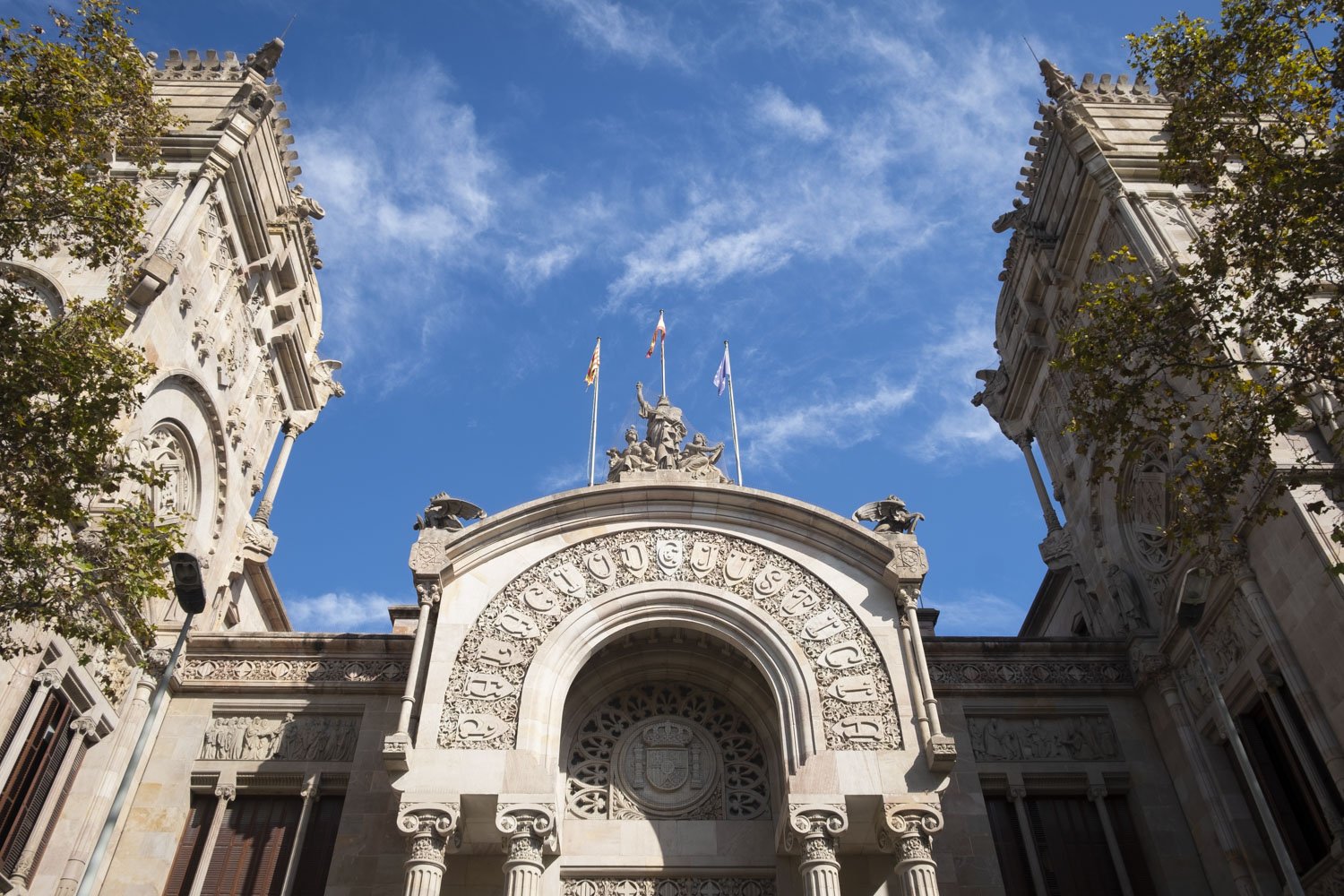Rejected. The High Court of Catalonia (TSJC) has refused to allow the Justice for the Civil Guard (JUCIL) association to appear in the case of the forced imposition of the quota of 25% Spanish language-use in all Catalan classrooms, considering that the Civil Guard group “does not have the legitimacy” to take part, but it adds that officers of the Spanish paramilitary body are indeed able to appear in the proceedings in their capacity as parents of school-age children. That is why in the same ruling, communicated today, the administrative disputes chamber of the TSJC has admitted the appearance of a single individual, a parent of a Catalan student, in the hearing on the forced application of the ruling that Spanish must be used as the teaching language in Catalan schools for 25% of classroom time.
The court argued: "We have to recognize the legitimacy of students and their parents to appear with the right to do so that they have because of their status as unique users of a particular school." With this reasoning, in the resolution made on May 5th, the TSJC approved the forced imposition of the 25% Spanish quota at the request of the pressure group Asamblea para una Escola Bilingüe, despite the rejection by the state solicitors and the Catalan government, who lodged an appeal to stop it. In addition, two TSJC magistrates again spoke out against this argument.
In the ruling, the five-judge majority of this section of the court asserted that “the jurisprudence has rejected legitimacy linked to specific social ends in a generic and imprecise way, since this would lead to a tendentious universal legitimacy equivalent to simply having an interest in defending the legality”, and for that reason it rejects the appearance of the association. The court must also now rule on the request to appear lodged by Òmnium Cultural, on behalf of all schoolchildren in Catalonia, and as an entity to promote the Catalan language.
Demands
In April, the Justice for the Civil Guard (JUCIL) association presented a demand for the forceful execution of the TSJC ruling of 2020, validated by the Supreme Court, so that “the child of any Civil Guard assigned to Catalonia can study at least 25% of their classes in Spanish”. It also requested that the court force the Catalan government to pay compensation of 450 euros for each term of non-compliance with the ruling, to members of the Civil Guard in Catalonia with school age children who are unable to receive 25% of their classes in Spanish. The Civil Guard association justified its legitimacy due to the right to campaign for the family and personal lives of its members, Civil Guard officers stationed in Catalonia.
The TSJC now notes that this association does not have the status of a union or an association created under the auspices of the Constitution. It adds: “The appeal and the ruling that are the subject for execution do not refer to a general and abstract question; that is, we are not dealing with a relationship of general relevance. Rather, we are faced with an issue that affects a public service relationship limited to the way in which the education service is provided in the Catalan autonomous community, which thus has specific recipients”. As a result of this, the court rejected the claim of the applicant association, although it added "without prejudice to the legitimacy that the parents of children may have in the terms already stated in the ruling dated May 5th, 2022" .
For that reason, the chamber does admit the appearance before the judge of a parent with school children. And it argues: “There is no doubt that the execution of the sentence will have practical repercussions in the centres individually considered, centres in which students receive their classes daily, so both their parents and students themselves are affected in the course of normal school life as unique users of the public education service. It cannot be overlooked, therefore, that these students, as well as their parents, may be both benefited by the execution and harmed by the non-execution, given the situation in the schools”.

